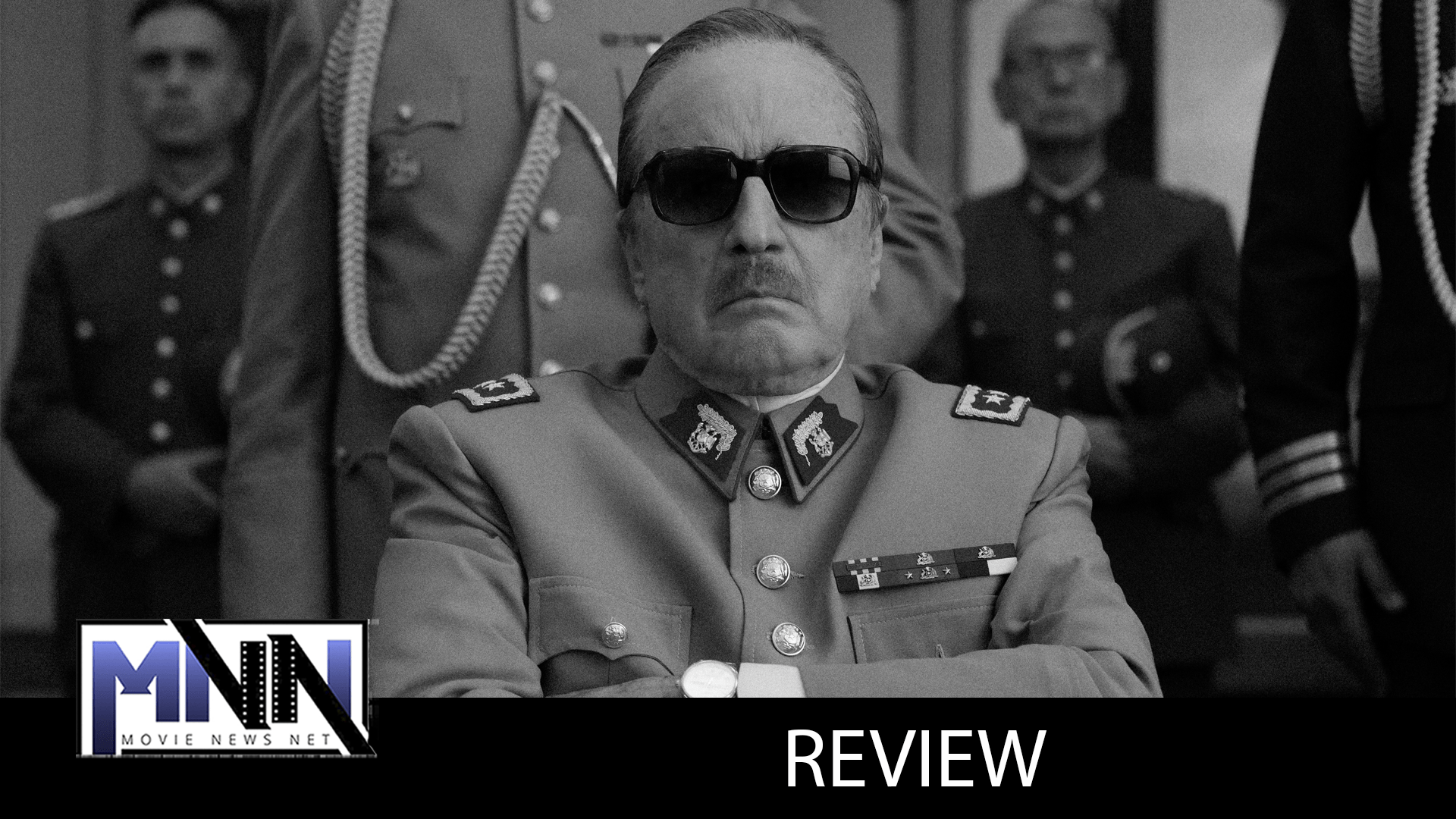‘El Conde’ Review: Pablo Larraín’s Dark Comedy About Pinochet as a Vampire Overstays Its Welcome
When it comes to bold premises that will be remembered by filmmaking history books far more than the actual movie, Pablo Larraín’s El Conde is definitely one to take note of. It’s no The Human Centipede, but portraying ruthless Chilean dictator Augusto Pinochet as a vampire who was on this Earth long before his time in the South American country and survived his reported death, is as indicative of where Larraín’s mind is at these days as it is a testament to the indelible mark that Pinochet’s bloody legacy has left on the nation. Is it actually easier to imagine the existence of a vampire among us than to picture an actual human being committing the atrocities Pinochet did?
That Larraín has no strings holding him back is clear from the first five minutes of the film, when we see the man that would one day be known as Pinochet (Jaime Vadell) witness Marie Antoinette’s decapitation in October 1793 in the Place de la Concorde, and sneak out to later that night lick the guillotine that severed her head. It is with the Queen of France that Pinochet was first fascinated by a position of power from which the person sitting on the throne can be careless about the everyman. At its core, El Conde tries to get into the nature of evil, particularly its way of crawling back into life after being extinguished. As such, Pinochet would reappear almost two centuries later to take over a country with no king; after faking his death, he was able to escape to a secluded mansion with his wife (Gloria Münchmeyer) and his longtime butler (Alfredo Castro) — something’s changed now, though. He has decided to stop drinking blood and die, once and for all.
That is no good news for his children, though, because they all know their father has a lot of money and properties all around the world and only he knows the secrets of where it’s all hidden. If he dies, how will that inheritance pass on to them? His wife is also worried because, after so many years together, he still hasn’t given her what she most desires: a small bite on her neck that would give her access to immortality too. However, the ruthless dictator-turned-vampire in solitude will find new reasons to live when a young accountant (Paula Luchsinger) comes into the house to help the family arrange Pinochet’s properties and hidden money.
Shot in black and white, the movie’s greatest asset beyond its premise is its dark-comedy tone that makes for a reflective look at the past of a nation still coming to terms with its violent past and that also serves as a warning that the day where they will have to deal with someone like him again is not as far away as we think. It’s a theme usually reserved for fantasy cinema, a trope that allows for recognizable characters to be brought back over and over again because the companies need to cash in more than it is an actual commentary on how evil rises from the ashes — El Conde uses over a century of vampire lore to argue that Pinochet was not the first ruthless leader to walk among us, and he certainly won’t be the last. It’s now up to us to decide what to do with that realization.
All of the above, however, is the breakdown of the high-concept pitch of the movie, but one that is not enough to sustain 110 minutes of family drama that wears too thin and isn’t interesting enough to engage the audience. Co-writers Guillermo Calderón and Pablo Larraín are able to work around the problem of having extremely unlikeable characters as protagonists by using the aforementioned dark comedy, but even then, there aren’t many, or any, memorable moments or exchanges in the central hour of the runtime. The concept of having money-thirsty people as children to a bloody-thirsty dictator, who cared for them as much as they cared for him, is interesting, but also an example of a storyline that should have been a subplot in a much larger tale, not the core of the film.
Even Larraín’s ability to make us get under the skin of the characters of his biopics (Jackie, Spencer) is lacking here, albeit for obvious reasons. In no way is El Conde trying to make us empathize with its lead characters, as for every shot of him lamenting having raised such despicable children, there is a decapitation scene. But it doesn’t have to either, as this isn’t supposed to be a biopic. Thankfully, though, this is no Spencer.
Overall, it’s a movie that overstays its welcome, starting with a prologue that was much longer than it needed to be, with narration that should have been cut in half (there was a point in which I wondered if there was even going to be any story, or if we were just gonna see Pinochet throughout history flying over cornfields and cities). The second act also includes scenes that would have served a better purpose left on the cutting room floor. It all then comes together in a nicely put-together third act, though despite a couple of nice twists, there wasn’t much it could offer by that point.
El Conde will be available to stream on Netflix on September 15, 2023.
Miguel Fernández is a Spanish student that has movies as his second passion in life. His favorite movie of all time is The Lord of the Rings, but he is also a huge Star Wars fan. However, fantasy movies are not his only cup of tea, as authors like Scorsese, Fincher, Kubrick or Hitchcock have been an obsession for him since he started to understand the language of filmmaking. He is that guy who will watch a black and white movie, just because it is in black and white.









